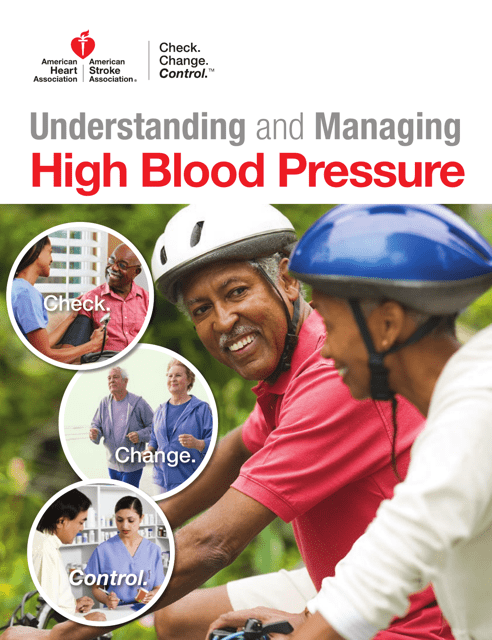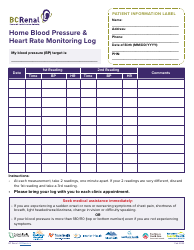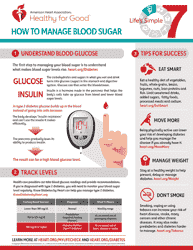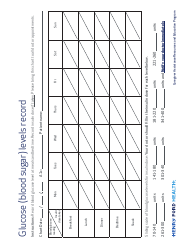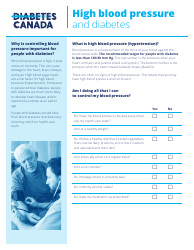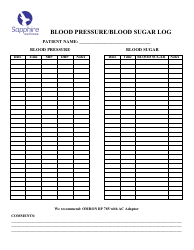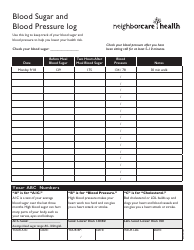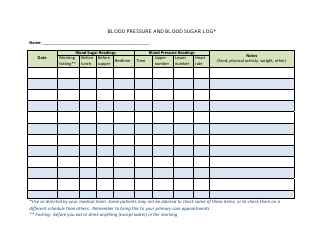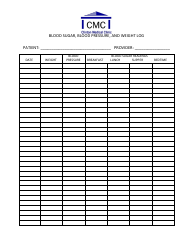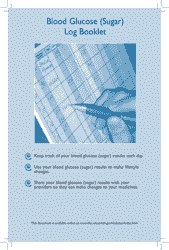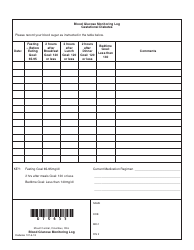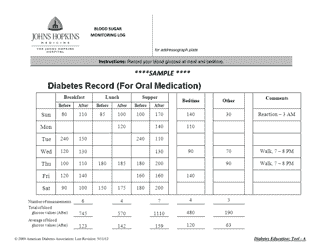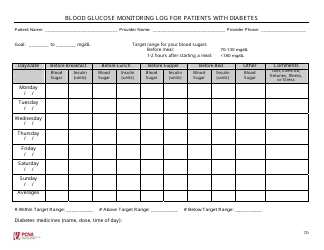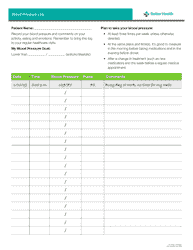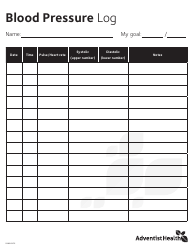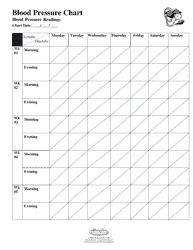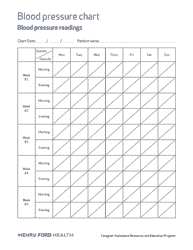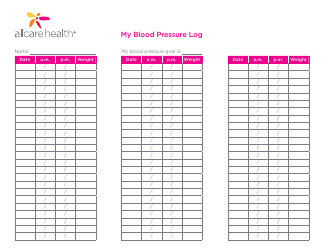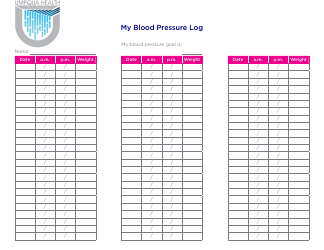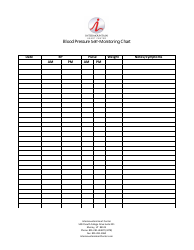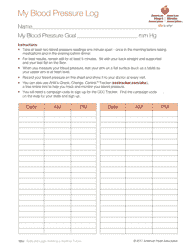Understanding and Managing High Blood Pressure - American Heart Association, American Stroke Association
Understanding and Managing High Blood Pressure - American Heart Association, American Stroke Association is a resource designed to provide information on how to understand and manage high blood pressure, which is a common and serious condition that can increase the risk of heart disease and stroke. It provides guidelines, tips, and tools for individuals to better understand and control their blood pressure for improved heart health.
The Understanding and Managing High Blood Pressure document is filed by the American Heart Association and the American Stroke Association.
FAQ
Q: What is high blood pressure?
A: High blood pressure, also known as hypertension, occurs when the force of blood against the walls of your arteries is too high.
Q: What are the risk factors for high blood pressure?
A: Risk factors for high blood pressure include age, family history, being overweight or obese, lack of physical activity, and certain medical conditions.
Q: How is high blood pressure diagnosed?
A: High blood pressure is diagnosed by measuring your blood pressure using a device called a sphygmomanometer.
Q: What are the complications of high blood pressure?
A: Complications of high blood pressure include heart disease, stroke, kidney disease, and vision loss.
Q: How can I manage high blood pressure?
A: Managing high blood pressure involves making lifestyle changes such as eating a healthy diet, exercising regularly, maintaining a healthy weight, and taking prescribed medications if needed.
Q: What is a healthy blood pressure reading?
A: A healthy blood pressure reading is typically less than 120/80 mm Hg.
Q: Can high blood pressure be prevented?
A: While high blood pressure cannot always be prevented, adopting healthy lifestyle habits can help reduce the risk.
Q: Is high blood pressure a serious condition?
A: Yes, high blood pressure is a serious condition that requires management to prevent complications.
Q: Are there any natural remedies for high blood pressure?
A: Some natural remedies that may help manage high blood pressure include eating a healthy diet, reducing salt intake, increasing potassium intake, and managing stress.
Q: Should I see a doctor if my blood pressure is high?
A: Yes, it is important to see a doctor if your blood pressure is consistently high so they can determine the best course of action for managing it.
